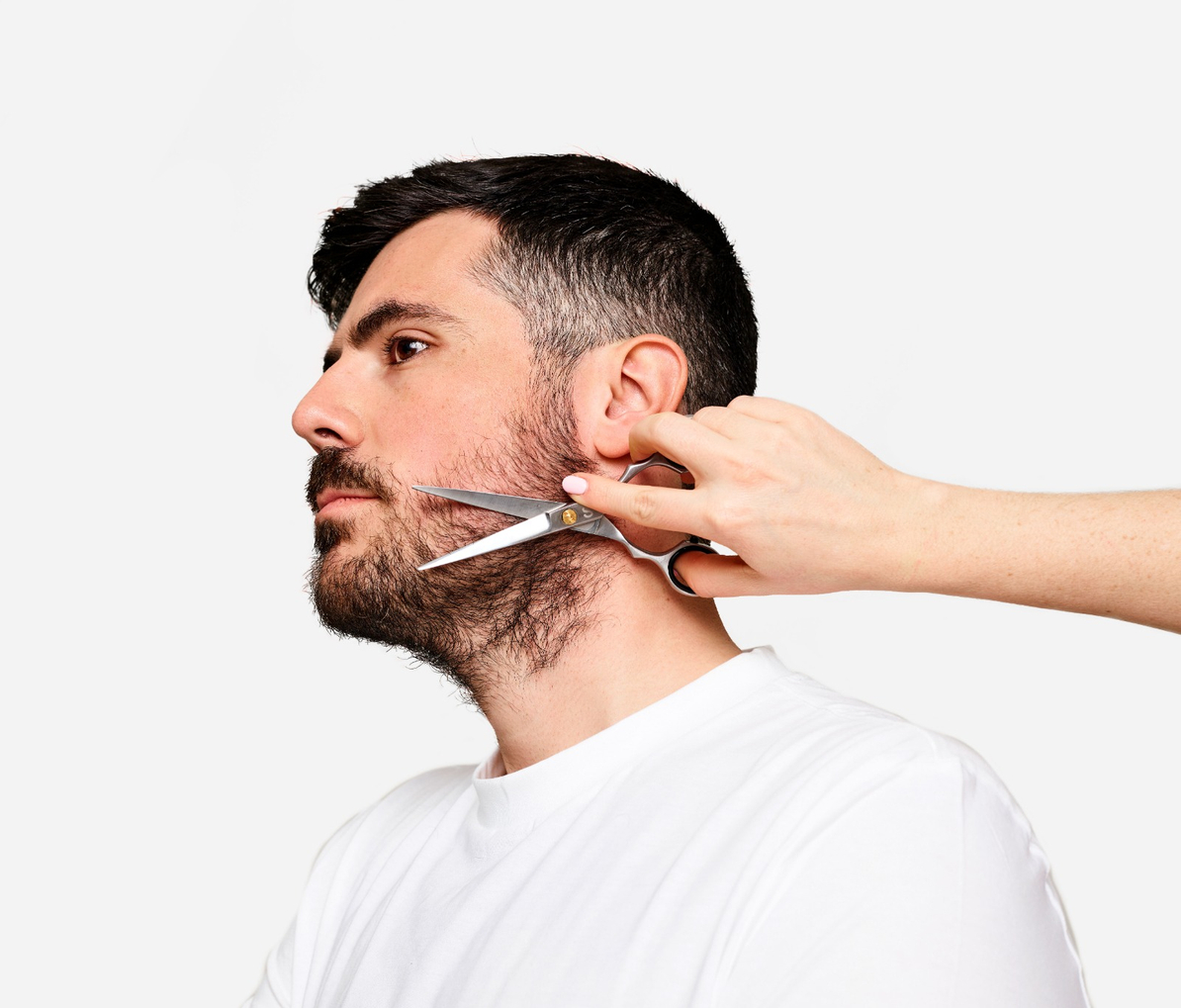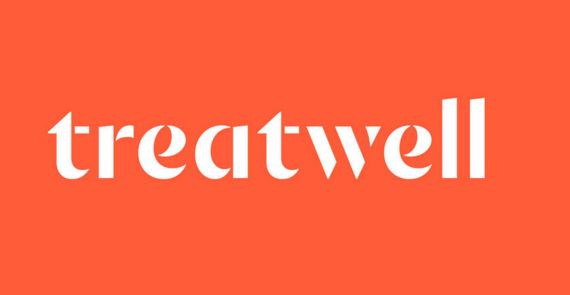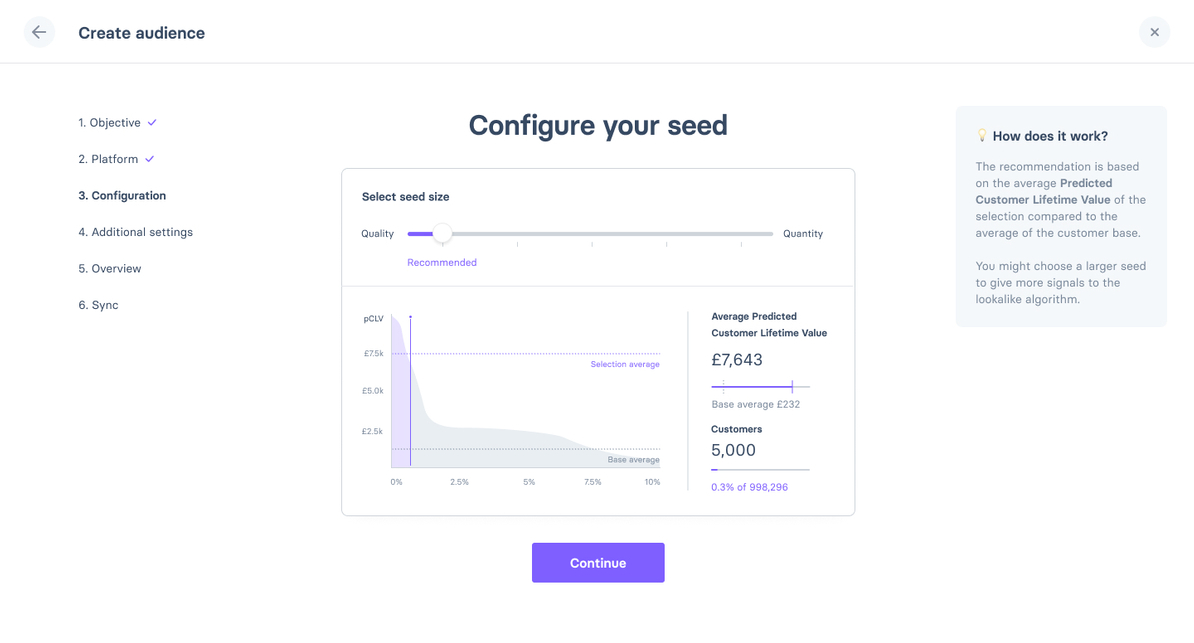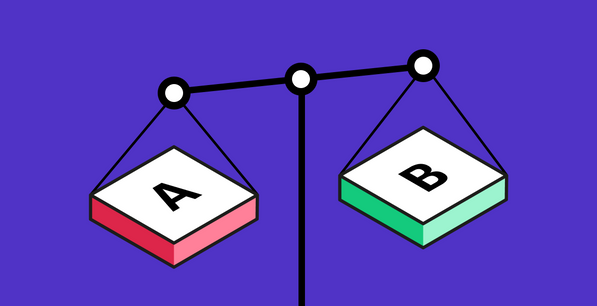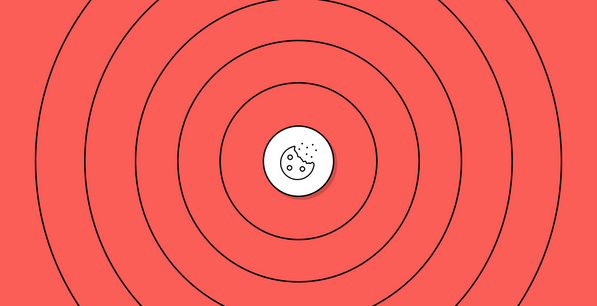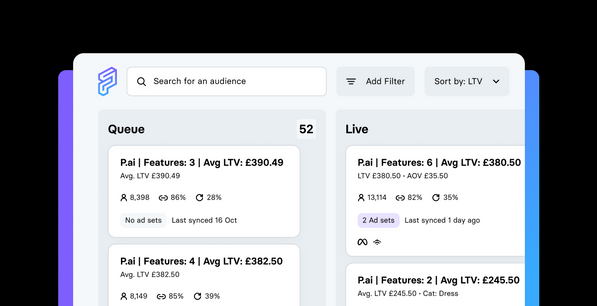I don’t want to make Mark Zuckerberg richer. My objective in life is to make Ms Treatwell richer, not Mr. Zuckerberg.
Five years ago you were studying for an engineering degree in rocket science. Did you ever think you’d go into performance marketing?
Oriol: I wasn’t the smartest engineer. I knew I wasn’t going to go to NASA but I never knew I was going to end up in marketing. Seven years ago, I started working for a startup in the finance team – I was already on the wrong side of things. Then my former boss introduced me to digital marketing, back when it was the Wild West.
I loved performance marketing because it was about volume. It was about impact. It was about technology. In the end, social networks have been a revolution. They say that they’ve driven the biggest change since the combustion engine.
Riding these waves as an engineer is the kind of challenge that all engineers look for… Plus, I wasn’t all that great at rockets and airplanes.
At Programmai, the name Oriol is shorthand for a specific type of marketer: someone who’s as comfortable coding as they are running paid ad campaigns.
How do you combine the two?
Oriol: In the startup world, you have to deliver an MVP. One of the biggest challenges we have is paralysis by analysis: we have to wait for someone to script in Google Ads or run an analysis.
As we move towards a world where it’s going to be harder to get customer data, the marketers who can code will be best placed to adapt to the new reality. Even if that’s just a little scripting or knowing something about the API.
Believe me, there’s a big difference between coding as a professional compared to what I can do. If the CTO of my company comes and checks my code, I’d get fired immediately.
I’ve been using websites like Codecademy and leading internal training at Treatwell on Python. Usually, the biggest barrier against coding is learning how to set up everything. Once you’ve installed a programme, coding is logic. Everyone can do a little.
Let’s adopt a startup mentality and think, ‘Okay. Let’s do this’. Then let’s do it.
By the time we met you, you already had a reputation for constant experimentation. Where did that focus come from?
Oriol: As an engineer, I want to measure everything. At uni, everything is measurable. Everything has a number. Everything can be counted. But when you start marketing, all you have is aggregated numbers. Before, I could bring a cost per action (CPA) to my manager but I knew that it was a lie. It was just what Facebook was telling me.
When I went to Facebook, they reported 1000 purchases. When I went to Google, they also reported 1000. But when I went to our internal dashboard, we could see only 1200 orders. Something was missing; there was a disconnect.
We were blind to our ads’ impact. And we were blind to our customers.
I’d love to know if Oriol from Barcelona has seen my ad at this time. I’d love to have access to all this data.
That’s where lift testing comes in.
On our incrementality webinar, you said very simply: “If we don’t experiment with lift tests, we lose money.” Why do lift tests matter?
Oriol: Lift tests are such a simple idea. You take a random sample of people from your targeting and prevent them from seeing any of your ads.
Let’s say you get 10 conversions, which you can attribute to out of home advertising.
If you add the Facebook ads and see 12 conversions, you can then see that two of those people were incremental. All you have to do is make sure that your sample is random and large enough.
Lift testing was the start of another revolution in marketing. It was the first time that I could go to my manager and say that thanks to me, we have a sale. I knew it was trustworthy. It was a revelation.
I lift test because I need to trust the numbers. With feet on the ground, I can tell the finance team that spending this money makes sense.
I truly believe that all marketers should be lift testing their life right now.
Why did you choose Programmai?
Oriol: Before Programmai, we weren’t sure if we were targeting the right prospects with our lookalikes. We also weren’t sure if we were targeting the right customers. We had some concept of incrementality but couldn’t measure it. Our market was saturated and we knew that our advertising could be much more efficient.
When Dean Murr introduced Programmai and said that we could improve incremental lift, I was sceptical at first. Yet what I loved was Programmai’s openness to test – that’s where we started.
We tested Programmai’s lookalike against Facebook’s recommended lookalike. Programmai improved incrementality six times.
Yes, I like to code. But if I can avoid it, I will. As Bill Gates says, “I choose a lazy person to do a hard job. Because a lazy person will find an easy way to do it.”
As a plug-and-play tool, Programmai integrates with the ad platforms so I can create lookalike audiences in a few clicks.
Emma: What’s your advice for getting buy-in from the broader business?
Oriol: At Treatwell, we were lucky to have performance-driven leaders. If you’ve saturated your market, buying more media isn’t going to translate into more sales. Our managers were very aware of this problem.
Plus – getting buy-in for incrementality is easy. It goes back to Grandma economics. If someone tells you that they manage an account worth £15 million, ask: ‘So what?’
If you can drive the same revenue for £250k, then do it.
The worst thing that can happen with incrementality? You spend less money.
When we adopted an incremental approach at Treatwell, we went from 15% year-on-year growth to hyper growth before the pandemic.
Before Programmai, we were spending thousands in paid social in Germany for one person to get a haircut. When you scale that across 10,000 people, that’s a lot of expensive haircuts. My Grandma would kill me.
You have a set amount of money, spend it wisely and get the return.
I don’t want to make Mark Zuckerberg richer. My objective in life is to make Ms Treatwell richer, not Mr. Zuckerberg.
Finally, where do you see the future of advertising?
Oriol: As marketers, we’re defining how the world is going to look twenty years from now. I think the two biggest changes to advertising will be privacy and efficiency.
The Wild West of marketing and data privacy is over. I’m happy that at Treatwell, we’ve always done our homework. Data privacy has always been a priority. For me, GDPR was a positive thing because it put everyone on the same rulebook. Yet, it was built on third party cookies. Once they’re over, what happens?
Under current GDPR law, a marketer could send customer data to any third party platform because the customer ticked a terms and conditions box. I could sell your soul. I think that Facebook has to do something to prevent a return to the Wild West.
In the short-term? We’re going to see lower conversion rates and a drop in placements because of iOS 14 and the third party cookie phase-out.
Measurement is going to be harder, as is efficiency. How can you be efficient in a world if you can’t measure? Marketers will need a firm handle on their first party data and the tools in place to manage it internally.
In the long-term, I think the future of marketing looks amazing. They always say, ‘Never trust someone that tells you that the old times were better’.
You’ve got the personalised billboards from Minority Report that change depending on who walks past them. And Elon Musk wants humans to become cyborgs. The future’s all to play for.
